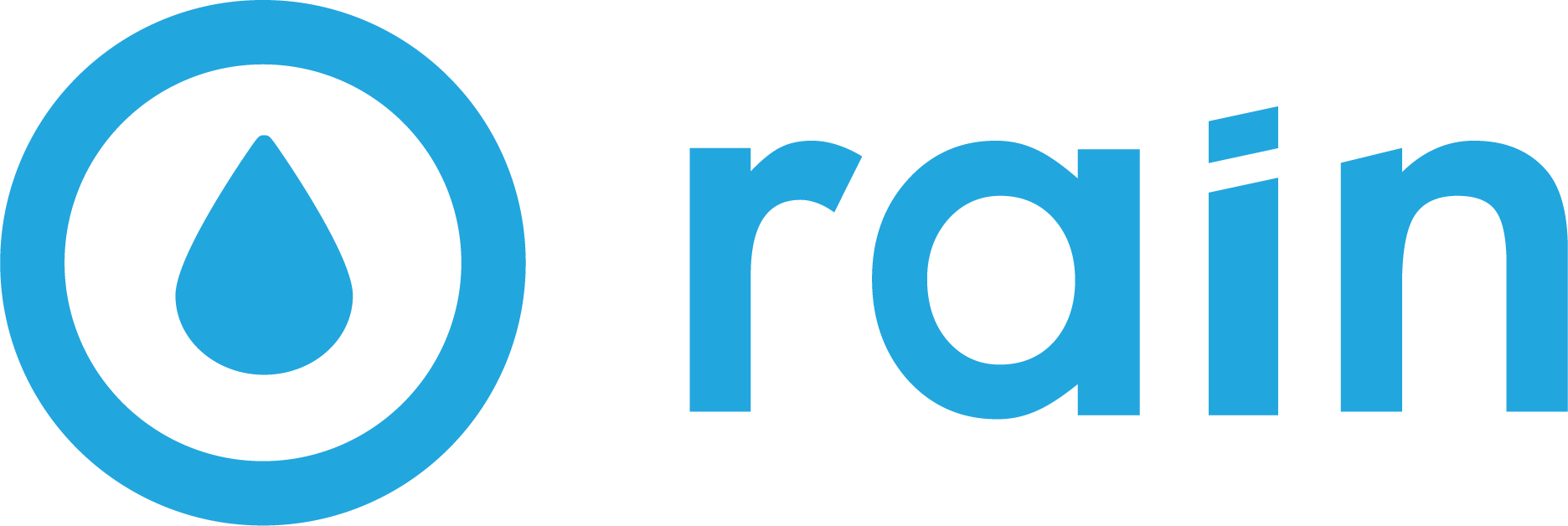Landing Pages: Best Practices For Optimal Performance
The below article and the additional product-specific articles included here contain recommendations for landing page content and organization for the purpose of improving your website’s user experience and ultimately, conversion rates.
Clear, Concise, & Conversion-Driven: General Best Practices
Start with a Singular, Clear Objective
The page should serve one primary purpose: open an account (purchase/submit). Every element—copy, layout, and visuals—should funnel users towards this goal. Eliminate unrelated content or secondary CTAs that may dilute focus or distract users.
Prioritize User-Friendly and Scannable Content for Optimal SEO
Users make decisions fast—especially on mobile. To improve both user experience and SEO, present content in short, scannable chunks. Favor bullet points over long paragraphs, and structure the page with clear, descriptive headlines that not only guide the user but also help search engines understand your content.
Place Call-to-Action (CTA) Buttons Strategically Throughout the Page
Include a clear, compelling CTA in the hero section to immediately capture attention. CTAs should be prominent, action-oriented, and reassuring—using language that emphasizes ease, urgency, and value (e.g., “Open Your Account in Minutes”, “Apply Today”). To maximize visibility and conversion, repeat the CTA at least once more toward the bottom of the page.
Design Mobile-First, Scale Up to Desktop
With most traffic coming from mobile devices, always design for smaller screens first. Ensure buttons are easily tappable, fonts are legible without zooming and always include a primary CTA that is visible above the fold.
Display Everything Upfront— Avoid Hidden or Buried Information
Don’t rely on tabs, dropdowns, or expandable sections for key details. Place critical content directly on the page so users do not have to look for it. Reducing friction and cognitive load increases the likelihood of a successful conversion.
Clearly Differentiate Products (If Applicable)
If you're offering multiple account types or products, make distinctions obvious. Use visual aids—such as side-by-side charts or comparison tables—to help users choose with confidence.
Use Visuals with Purpose
Every image should reinforce the message or guide the user toward action. Avoid decorative or generic imagery that doesn’t add value. Visuals should clarify, not clutter – every screen space counts.
Remove All Distractions
Exclude on-page jump links, unnecessary links, and off-page paths that can derail the user journey. Keep users anchored on the page with a seamless, distraction-free experience focused solely on conversion.
